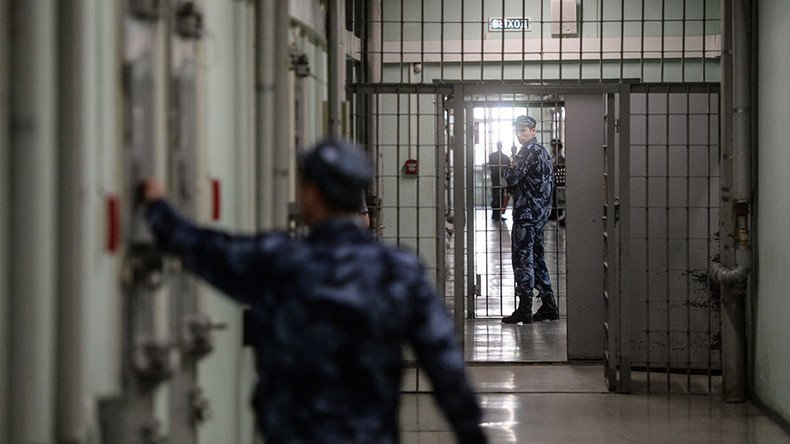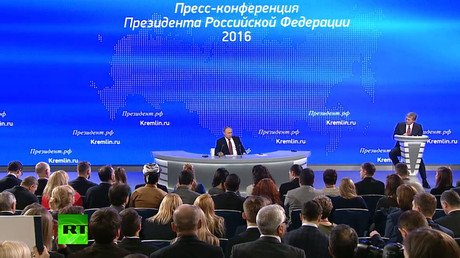Putin pardons woman convicted for passing data to Georgian intelligence in 2008

President Vladimir Putin has pardoned Russian citizen Oksana Sevastidi, who was sentenced to seven years behind bars in 2016 for passing information about the Russian military to her Georgian friend who worked for intelligence.
In the order published on the Kremlin’s official website on Tuesday, Putin wrote that he had decided to pardon Sevastidi on humanity principles. The order will come in force in five days after publication.
Sevastidi used to live in the southern Russian resort city of Sochi. In 2008 she sent several SMS messages to her acquaintance in Georgia in which she spoke about Russian military machinery moving through Sochi. In 2015, Russian security services established that the recipient of the messages worked for Georgian intelligence and Sevastidi was arrested and charged with high treason. In March 2016, the Krasnodar Regional Court found her guilty and sentenced her to seven years in prison.
After Russian news agencies broke the news of the presidential pardon, Sevastidi’s lawyer Evgeny Smirnov told Kommersant daily that he would insist on the full acquittal of his client and the cancelation of the sentence, which he called “unlawful.”
In late December 2016, Putin commented on Sevastidi’s sentence during his major annual press conference. Answering a question from RT, the president said it was difficult to give a full comment on actions of an independent court instance, but promised to look more thoroughly into the case.
On August 8, 2008, Georgia launched a massive operation seeking to capture the self-proclaimed republic of South Ossetia killing local military, civilians and Russian peacekeepers stationed in the region under international agreements. Russia responded within several hours and deployed ground troops, air force and paratrooper units, forcing Georgia to cease hostilities by August 12.
Up to 2,000 civilians and 71 Russian peacekeepers lost their lives in the conflict.













